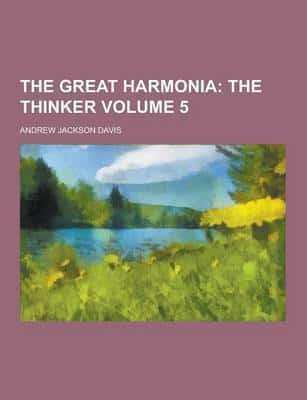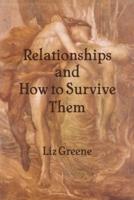Publisher's Synopsis
This historic book may have numerous typos and missing text. Purchasers can usually download a free scanned copy of the original book (without typos) from the publisher. Not indexed. Not illustrated. 1883 edition. Excerpt: ...we are to obtain brighter and more enlarged conceptions of Christianity, we must begin with feeling that past ages have not exhausted Christian truth, and that We Mat Make Advances On Thk Wisdom Of Our Fathers." So nobly wrote and taught this Reformer. Herein is an open acknowledgment of the Principle of Progression; as an effect, not as a cause; but it was not the central or foundational Idea on which he erected his hope-crowned superstructure. Progression, as an experience, was to result or effectuate logically from human conditions and human obedience; not that these conditions and this obedience would ultimate from the causative principle which is slowly and surely acting upon and developing the spirit of truth and humanity. So, therefore, we can not say that Channing's mind recognised more than the possibility of holiness and happiness for all mankind. He would not promise that universal-istic result; only this, that mankind were capable of endless expansion in wisdom and righteousness. That the world would positively and inevitably progress in all its parts, and ultimately outgrow all sin and wretchedness in the coming future, was more than he ventured directly to affirm; but, in more than a thousand diamond sentences, he set forth his infinite "hope" and Christlike "belief" concerning the eternal possibilities. He practically discerned and intelligently expounded the laws of Providence, and was a devout believer in the ultimate triumph of Love, Truth, Justice, Wisdom, and Liberty. But let the word again go forth that this man was too religious (or pious and moral) to be theological, and he was also too theological (or thoughtful on doctrine) to be a clearheaded teacher of universal philosophy. He was nevertheless gloriously endowed...








